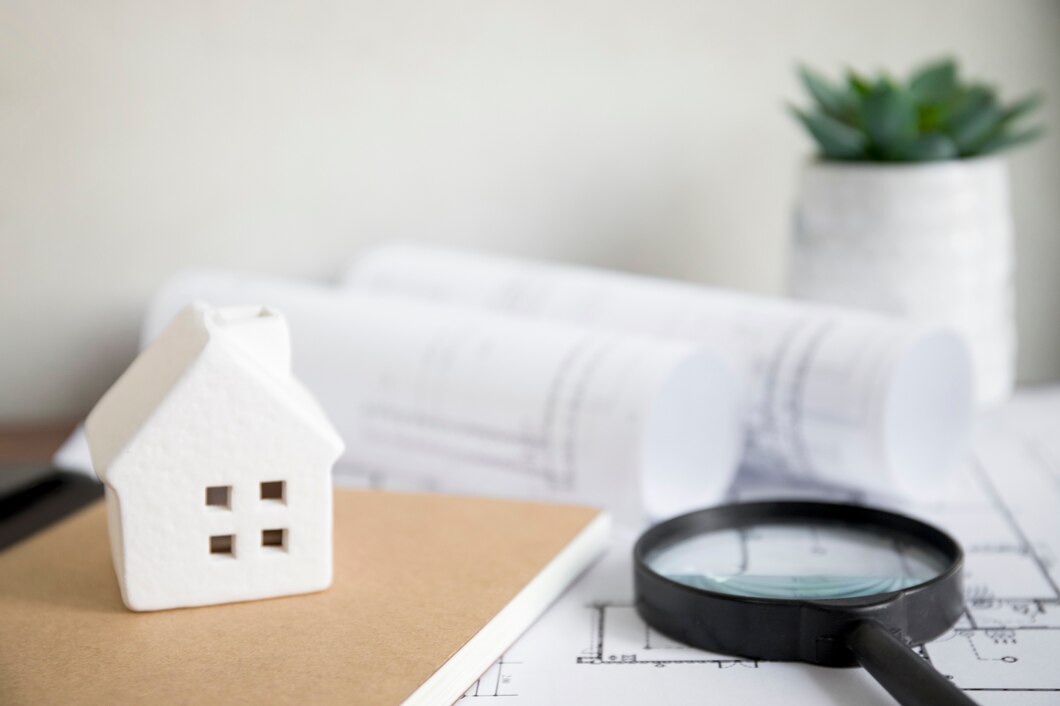The Role of Home Inspections in Property Transactions

A home inspection is a crucial part of the property transaction process, providing both buyers and sellers with a detailed understanding of a property’s condition. Whether you’re purchasing your dream home or selling a property, a thorough home inspection can prevent unexpected surprises and protect all parties involved. In the fast-paced property market, especially in places like the UK, understanding the role of home inspections is essential for a smooth transaction according to estate agents in Hanley.
Here, we’ll explore what home inspections involve, their benefits, and how they influence property transactions.
1. What Is a Home Inspection?
A home inspection is an in-depth evaluation of a property’s condition, usually conducted by a professional surveyor or inspector. The inspection assesses the overall state of the building, from structural elements like the roof and walls to internal systems such as plumbing, electrics, and heating.
- Key Areas Inspected: Typically, the inspection covers the property’s structure (walls, roof, floors), plumbing, electrical systems, heating and cooling systems, windows, doors, insulation, and any signs of dampness or pest infestations. Some inspections may also include outbuildings like garages and sheds, as well as the condition of the property’s exterior.
- Inspection Report: After completing the evaluation, the inspector provides a detailed report highlighting any issues found. This report can include recommendations for repairs, maintenance, or further investigations, helping buyers and sellers understand the property’s true condition.
Tip: In the UK, home inspections are sometimes referred to as surveys, with varying levels of detail depending on the type of survey chosen (e.g., Homebuyer Report, Full Building Survey).
2. Benefits of a Home Inspection for Sellers
While home inspections are often associated with buyers, they also offer several benefits for sellers:
Transparency and Trust:
By conducting a pre-sale home inspection (often referred to as a pre-listing survey), sellers demonstrate transparency about the property’s condition. This can build trust with potential buyers, showing that the seller is not hiding any defects and is providing an honest representation of the property.
Identify and Address Issues Early:
A pre-sale inspection allows sellers to identify and address any problems before putting the property on the market. By fixing issues such as a leaky roof, dampness, or faulty wiring beforehand, sellers can present their property in the best possible light and potentially avoid last-minute negotiations or delays.
Smoother Transactions:
A property that has been inspected and repaired prior to listing is more likely to lead to a smoother transaction. Buyers may feel more confident in the property’s condition, reducing the likelihood of price negotiations or the deal falling through due to unforeseen problems discovered during the buyer’s inspection.
Tip: If a seller chooses to share a pre-sale inspection report with buyers, it’s crucial to ensure that the inspection is thorough and conducted by a reputable professional. This adds credibility to the report and reassures potential buyers.
3. The Different Types of Home Inspections (Surveys) in the UK
In the UK, home inspections, or surveys, vary in detail and scope. The most common types are:
- Condition Report: The most basic survey, offering a general overview of the property’s condition. It highlights any obvious defects but doesn’t provide much detail. It’s suitable for newer properties in good condition.
- Homebuyer Report: More detailed than a Condition Report, the Homebuyer Report includes an assessment of the property’s condition, any issues that may affect its value, and advice on necessary repairs. It’s ideal for properties in reasonable condition and provides a more comprehensive overview for buyers.
- Building Survey: The most thorough type of survey, recommended for older, larger, or more complex properties. It includes a detailed inspection of all accessible areas and provides an in-depth report on the property’s condition, potential defects, and maintenance requirements. A Building Survey is especially useful for buyers considering renovations or purchasing a property with known structural concerns.
Tip: Buyers and sellers should choose the type of survey that best suits the property’s age, size, and condition. Investing in the right survey can save time, money, and stress in the long run.
4. The Role of Home Inspections in Property Valuation
Home inspection also has the influence on the valuation of properties. However, from the buyer perspective, after the detailed findings, he might change the perception of the price of the property. Buyers would use such inspection findings to negotiate on the property’s resale price after discovering extensive repairs are needed.
This implies that, on the part of sellers, issues brought out during pre-sale inspection may be addressed and therefore increase the value of the property. Wellmaintained and defect-free properties are more attractive to potential buyers and therefore maintain higher asking prices.
5. How to Choose a Reliable Home Inspector
For an assessment to come out correct, there must be a reliable professional inspector. In the UK, search for members of professional bodies, such as the Royal Institution of Chartered Surveyors (RICS). A member of the RICS is bound by strict standards and has the necessary expertise for a proper inspection.
- Experience: Choose a surveyor who has a proven track record and experience of inspecting similar type properties, such as the one in question. For instance, if you plan to buy a period property, you must select a surveyor familiar with older buildings.
- Reviews and Recommendations: Ask your estate agent or read online reviews for recommendations of good local inspectors.
Final Thoughts:
Home inspections are an integral part of real estate deals. For a buyer, it is an important tool in turning up unwarranted issues and allowing for negotiations and peace of mind while closing in on the deal. Conversely, the seller can use a pre-sale inspection to show a good faith effort in demonstrating transparency, finding flaws that they need to work on before turning into complaints, and thus making selling easier for them.
Whether you are the buyer or seller, investing in a comprehensive home inspection means every party involved in the transaction receives proper and necessary information with which to make the best decisions possible-the result being stress-free and incident-free property sale.



